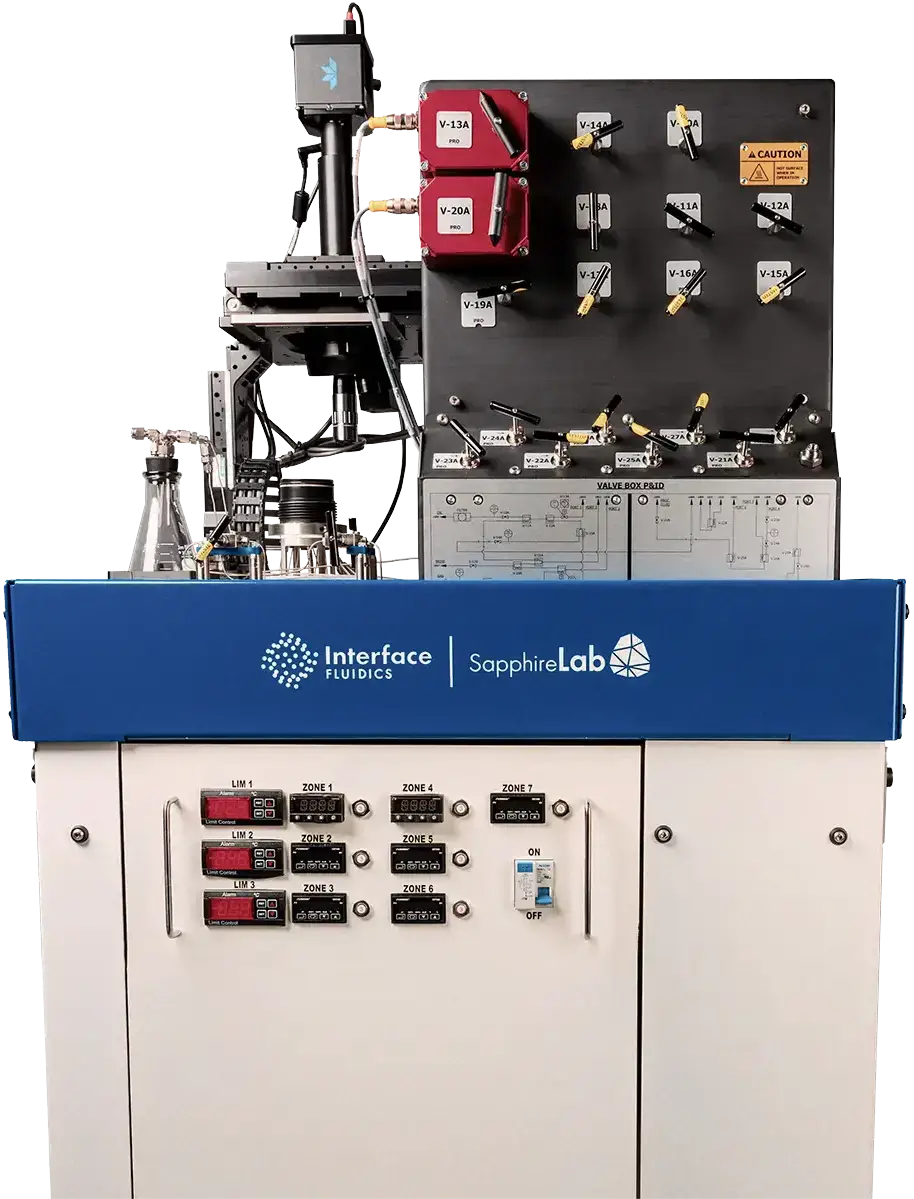
Interface Fluidics teams up with UofT on COVID-19 ventilator project
In the spring of 2020, a student team from the University of Toronto invited Interface Fluidics experts to work on their life-saving project: the development of a multi-patient ventilator to address high demand for patients with COVID-19 and severe respiratory diseases.

For a team that works predominantly with energy clients, fighting a global pandemic with health innovation might seem like a redirect. But with Interface’s expertise in fluid control, fluid systems engineering and thermodynamics, this was an opportunity to share knowledge, resources, and conduct important research that could help save lives.
Mechanical ventilation is needed in the treatment of patients with the most severe COVID-19 symptoms, but the number of suitable ventilators is limited. Working together, the team was able to design a system for 100 patients, connected in 10 strings of 10 ventilators — all served by a centralized gas conditioning system.
Fluid control is key to developing a multi-patient system that helps patients safely with tunable settings for each. The lack of mechanical ventilator systems presented an important and timely fluids control challenge. The approach developed here enables personalized mechanical ventilation to be provided to many patients in parallel.
Expert input from frontline medical and engineering experts is helping ensure that the final product can be customizable for patient health needs and safety.
Back in the lab, the team continues to develop, build and test the new system. Alongside established disease spread mitigation efforts, rapid testing, social distancing and other now-familiar approaches to combat COVID-19, multi-patient ventilator technology provides an important backstop to critical containment efforts.
